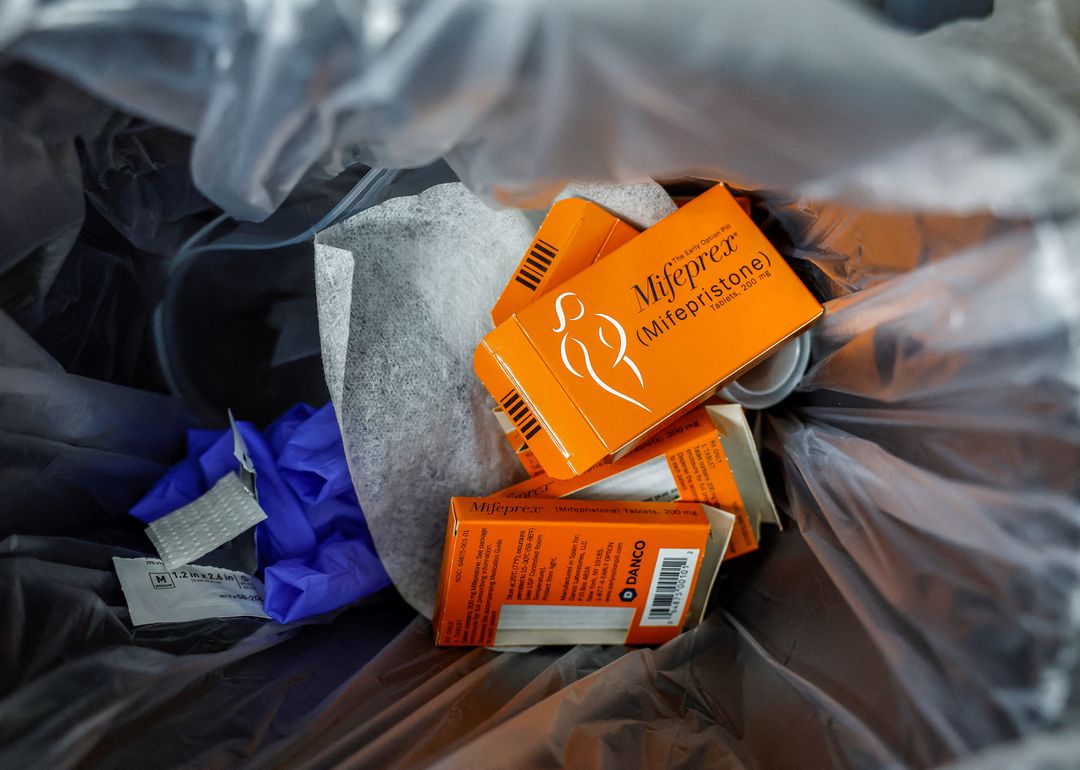The One Big, Bad Ugly Pill
Planned Parenthood describes the abortion pill (mifepristone and misoprostol) as a “safe and effective way to end an early pregnancy.”
Their website goes so far as to call it “very safe,” asserting that it is safer than penicillin, Tylenol, and Viagra. They double down by claiming “serious problems are rare.”
Is this really true?
Is the abortion pill really safer than a wildly popular medicine like Tylenol? Let’s take a closer look, beginning with acetaminophen.
An Ai search reveals 23% of American adults use some form of Tylenol (acetaminophen-containing medicines) on a weekly basis. That’s something like 52 million people.
Even more, Harvard Health reports that these adults consume billions of doses of acetaminophen safely each year. But people occasionally end up in the emergency room, typically after accidental overdoses.
The U.S. National Library of Medicine states that acetaminophen is relatively safe at therapeutic doses. In other words, a single Tylenol pill isn’t going to put you in the hospital. Misuse can, as the drug accounts for 56,000 emergency room visits, 2600 hospitalizations and 500 deaths annually out of in “excess of 25 billion doses being used annually as a nonprescription medication.” [SOURCE: National Library of Medicine.]
Now let’s look at the abortion pill.
“Medication abortion accounted for 63% of all U.S. abortions in 2023 — an increase from 53% in 2020,” according to the pro-choice Guttmacher Institute.
The abortion pill came onto the U.S. market in 2000 following ten clinical trials involving 30,966 women. Less than half a percent (.5%) reported any severe adverse reactions.
Contrast that with acetaminophen with but a .0000001 hospitalization rate from overdosing on the medication vs. .5% from injesting a single dose of the abortion pill.
But the disconnect between reality and the fiction promoted by Planned Parenthood gets worse. The FDA’s testing protocols have been called into question by the Ethics & Public Policy Center.
They commissioned a study using a sample size nearly 28 times of the original FDA study, based on mifepristone abortions from 2017 to 2023.
The new results, based on a study of 865,727 users of the abortion pill, revealed the FDA dramatically understated adverse reactions to the pill. Their press release recaps the results:”
The study shows that, following a mifepristone abortion, 10.93 percent of women experience sepsis, infection, hemorrhaging, or another serious or life-threatening adverse event. That is, over one in ten patients experience at least one serious adverse event.”
Even the original FDA data dispelled the myth that the abortion pill was safer than Tylenol. EPPC’s new study is a wake-up call to the shocking danger it presents to at-risk women who believe it to be safe.
In light of this study, the abortion pill should be removed from the marketplace to protect women’s lives. It is unconscionable for it to be dispensed via the U.S. Postal Service without a medical exam from a licensed physician.


